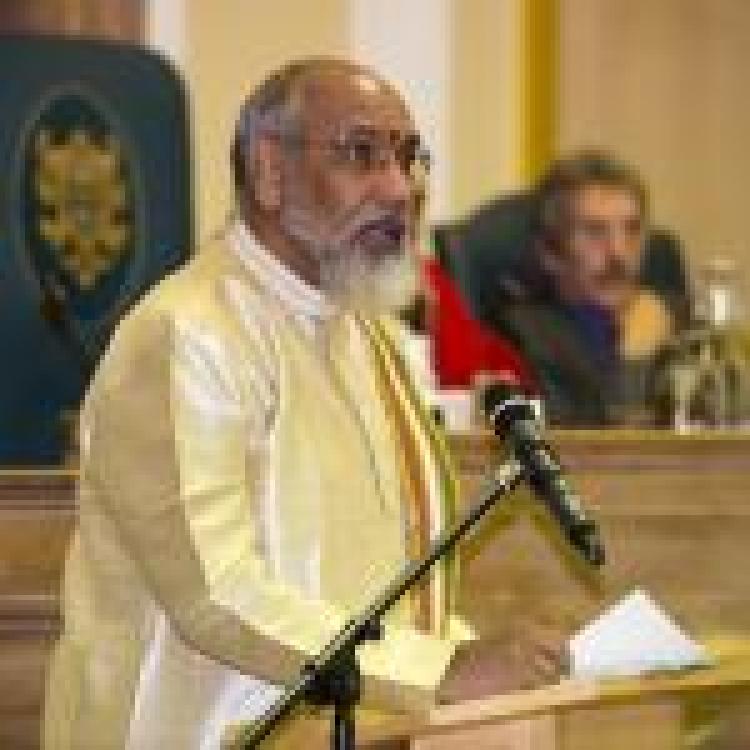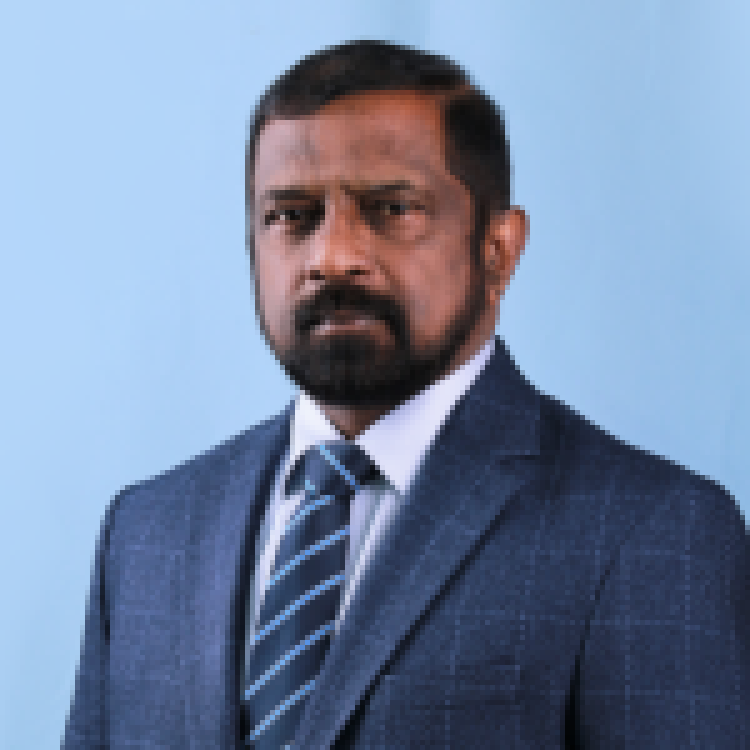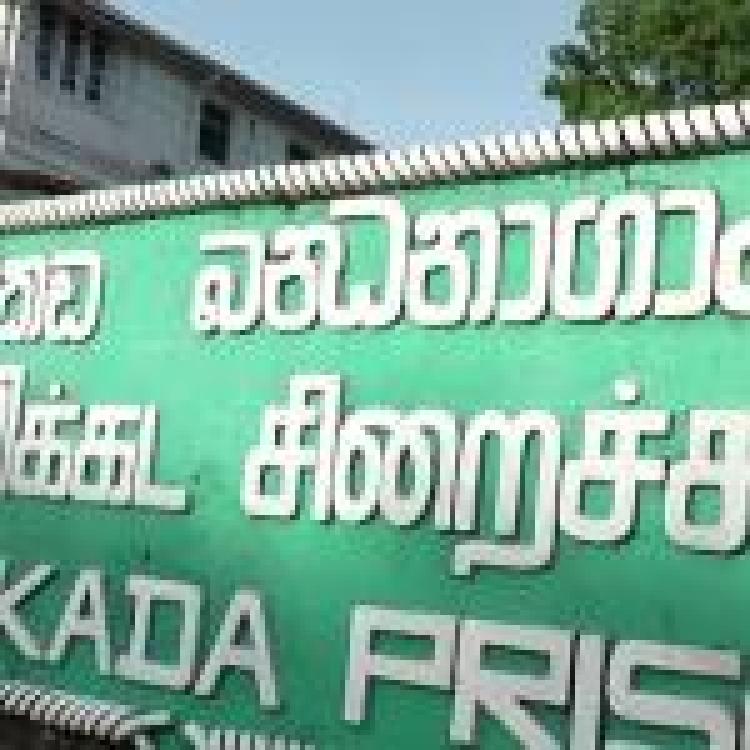The Sri Lankan state portrays those arrested for allegedly committing terror offences, to date mainly Tamils, and after the Easter attacks also Muslims, as guilty from the point of arrest, writes Ambika Satkunananthan in GroundViews.
In an article dissecting the impact of ethnicity and class on Prevention of Terrorism Act (PTA) detainees, the former commissioner at the Human Rights Commission (HRCSL) describes how “historically, Tamils, dissenters, those critical of the government of the time, and anyone calling for accountability for human rights violations have been labelled LTTE or portrayed as threats to national security” and that "such labelling is done to create an environment the enables the state to justify any punitive action taken against them."
Kanagasabai Thevathasan, a 64-year-old prison who has been imprisoned for more than ten years began fasting unto death on January 6, 2021 until prison authorities promised him he could speak with relevant authorities to expedite his cases. Satkunanathan claims his story “is like that of hundreds arrested under the [Prevention of Terroism Act] since its enactment in 1979.”
Thevathasan was reportedly “abducted by men in civilian clothing, held at an unauthorized place of detention for a week, tortured, forced to sign a confession and thereafter transferred to the custody of a police station. He was held on a detention order for fifteen months during which period he said he continued to be tortured.” He is currently appealing his conviction.
Lawyers are often reluctant to represent PTA detainees, excepting special cases such as Hejaaz Hizbullah, whose detention has triggered continued activism demanding due process. Satkunanathan states that his case is “illustrative of the way in which privilege and class impact the manner in which those arrested for terror offences are perceived, not only by the state and the public, but also by human rights defenders and civic activists.”
“The focus on these individuals is based largely on their extraordinary achievements and social contribution, which while valid, also unwittingly creates a hierarchy of who is deserving of our voice and activism,” whereas when more than 50 Tamils were arrested after a suicide jacket was discovered in the Northern Province in 2016, there was no outcry.
Satkunanathan concludes, “we should not call for due process based only on what we know of the person, or only because we know the person or are part of the same social circles. We should do so because every person, whether innocent or guilty is entitled to enjoy due process and to be deemed innocent until proven guilty.”
“It means we should not call for the PTA to be repealed only because we believe the person is innocent or because we think the person could not have committed such an offence. We should do so because the PTA violates fundamental human rights standards.”
Read the full article here




